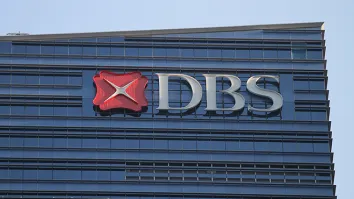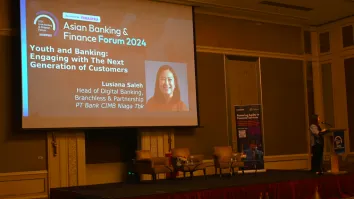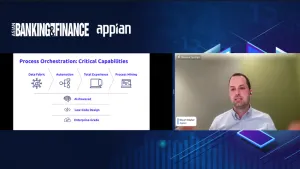
Thai banks’ recovery besieged by inflation, weakening currency: S&P
The tourism hit has affected income levels, which would borrowers’ ability to pay.
Thai banks’ path to recovery has been hampered by a triple whammy of inflation, a weakening currency, and high leverage, reports S&P Global Ratings.
These factors may stress borrowers and upset the country’s “nascent and uneven recovery,” the ratings agency warned in its latest report on Thai banks.
In an earlier report, Fitch Ratings expressed optimism for the performance of Thai banks in 2022, noting the country’s increased business activity, which was expected to stabilize or even slightly improve the net interest margin of banks. These are expected to support local banks’ revenue, Fitch had said.
S&P also noted that they also see early signs of stability, with the opening of borders and stronger tourism recovery. However, banks operating in Thailand remain exposed to economic risks, it warned.
"In our base case, which projects an orderly unwinding of imbalances, we expect banks' non-performing loans (NPLs) to rise gradually over the next 12-24 months and peak at 5% by the end of the cycle," said S&P Global Ratings credit analyst Deepali Seth Chhabria.
This is based on Thailand’s gauged performance in S&P’s global stress test, which studied the probable impact of a rise in inflation and interest rates.
Small and medium enterprises or SMEs, as well as low-income households are more exposed to risks. The mortgage segment in particular is exposed to such risks as they tend to have loans of a longer tenor, and the household segment is already leveraged, Seth Chhabria noted.
Thai households are highly leveraged, with the household debt-to-GDP ratio in the country much higher than India's 21% household debt-to-GDP ratio, but similar to 89% in Malaysia and 108.4% Korea. In comparison, however, Malaysia and Korea have much higher household savings.
The tourism hit has affected the income levels, which would erode servicing ability, S&P further warned.
Currency depreciation presents another risk, according to S&P. The US Federal Reserve’s policy tightening has caused the Thai baht to further depreciate along with other regional currencies.
“It is resulting in more expensive imports and will therefore affect industries more reliant on imports amid a rising inflationary environment that has compounded cost pressures,” Seth Chhabria said.
Seth Chhabria further warned that although unlikely, if interest rates rise by 350 bps, loan tenor may increase by almost 10 years for a 25-year loan. This is untenable and therefore may require a mix of equated monthly installments (EMI) and tenor increase.
On a more optimistic note, whilst the risks are high, banks have built buffers, Seth Chhabria said.
“Strong capitalization and high provisioning coverage provide downside protection. As of June 30, the sector's provision coverage was about 165%, with a capital adequacy ratio of 19.6%,” she said.
S&P also noted that there are “green shoots” showing that the economy is stabilizing. Banks should also be better placed to manage any risks.
















 Advertise
Advertise






